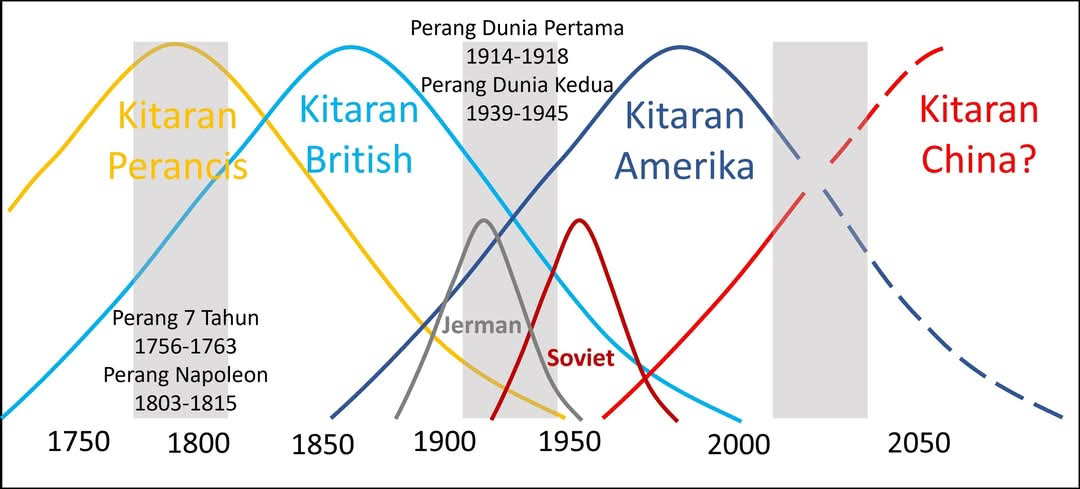Global Issues and the Rhetoric of “World War III” — A Historical Perspective is Needed
Each time international tensions arise — whether from the conflict in Ukraine or the imposition of Trump-era tariffs on China — there are invariably voices quick to associate such developments with the potential outbreak of a Third World War (WWIII).
While this narrative is attention-grabbing, does it truly stand on a solid foundation of historical understanding and current geopolitical realities?
A recent article I encountered offers a more nuanced and contextual perspective. It reminds us that history does not repeat itself in identical form, although recurring patterns may emerge. For instance, the historical rivalry between major powers such as Britain and Germany cannot be directly equated with the current strategic competition between the United States and China. A critical differentiating factor lies in the existence of nuclear weapons and the mechanisms of modern diplomacy.
In truth, trade wars are not automatic precursors to armed conflict. More often, they serve as tools for negotiation and economic leverage. Much like the 1985 Plaza Accord, tariff measures may function as strategies to recalibrate trade imbalances, rather than act as the opening salvo in a global confrontation.
More importantly, there is a pressing need for a deeper understanding of history — not merely at the surface level, but through the lenses of power relations, political motivations, and structural shifts in the global order. Only then can we assess contemporary crises with discernment, avoiding both paranoia and sensationalist narratives.


Comments
Post a Comment